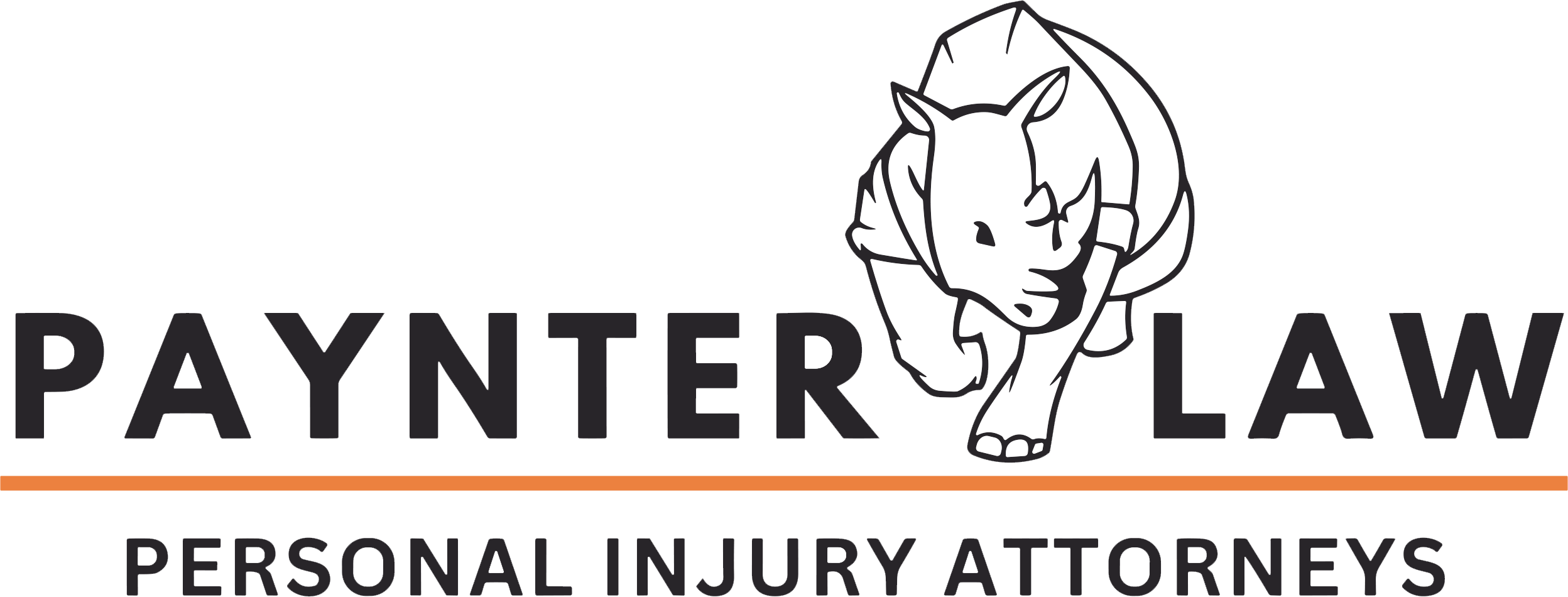The statistics surrounding drunk driving accidents are staggering. At least 30% of all auto accidents can be blamed on alcohol intoxication, and according to the National Highway Traffic Safety Administration (NHTSA), this same factor resulted in at least 13,384 fatalities on American roadways in 2021. These collisions are completely preventable if people would not drink and drive. However, if eradicating this dangerous driving behavior seems a bit unattainable to you, the next best thing you can do is apprise yourself of how to spot a drunk driver. We’ll share tips for doing this and also your right to compensation if someone injures you below.
Signs That a Motorist May Be Intoxicated
There are a few indicators to look for if you believe someone is driving while intoxicated from alcohol, including if a motorist:
- Travels in the wrong direction, such as into oncoming traffic
- Tailgates other drivers
- Fails to maintain its lane and even goes as far as to “bop and weave” within it
- Gravitates toward one side of the roadway, whether that’s parked vehicles, curbs, shoulders, and sidewalks, or perhaps a center line or the median
- Fails to honor stop signs or traffic signals and even goes as far as demonstrating a delayed response (if any at all) when honked at
- Operates their vehicle at varying speeds, including speeding up or slowing down at an irregular pattern and without reason
Why Drunk Driving Is So Dangerous
In North Carolina, a blood alcohol concentration (BAC) of 0.08% or higher is unlawful. Per the North Carolina Department of Public Safety, that legal limit is 0.04% for commercial carriers. Why is driving drunk so regulated in our state and others? It comes down to how alcohol consumption affects users. It does so in the following ways:
- Making sound judgment calls: Drunk driving impacts your decision-making capacity. This can impact whether a driver feels they have enough time to make a left turn in front of an oncoming vehicle, for example. A person’s inability to gauge time and distance is one of those factors that are key to avoiding crashes.
- Causes visual impairments: One of the first senses that goes as alcohol intoxication sets in approximately 30 minutes after consuming an adult beverage is a person’s ability to see clearly. This can affect a driver’s ability to see both moving and stationary objects, people included, along their route, as well as signs and lights, which can help them avoid damaging others’ property and injuring someone else or claiming their life.
- Diminished fine motor skills: It often takes our brains some time to register what our eyes see. Then, if our brain must send a message to another part of the body, such as our hands or feet, to do something, additional messages need to be sent. This is why you’ll often hear about individuals who are drunk having delayed hand-eye coordination. They say this because the process from seeing to acting takes time, something a drunk driver may not have to avoid a crash.
What To Do If You Encounter a Drunk Driver on the Road
It can be nerve-wracking when you realize that the person you’re sharing the road with is inebriated. That’s why it can be helpful to remember these three basic steps to follow if you suspect someone you’re driving alongside is drunk:
- Get as far away as possible from them if you can, which may mean that you need to pull off onto the shoulder or into the parking lot
- Try and catch the motorist’s license plate number and a description of the vehicle, plus make note of the direction the driver is traveling in
- Call the police to report your concerns
Your Right to Compensation if an Impaired Motorist Strikes You
As we highlighted above, the statistics show that a significant number of individuals are in alcohol-involved crashes that likely cause them catastrophic injuries, and way too many lose their lives to them each year in our country. If you had the misfortune of having been seriously hurt or lost a close family member to such a senseless crash, it’s important that you know that North Carolina law allows you to file a personal injury claim to recover compensation for your losses.
You may be eligible for both economic damages, which may go to covering your actual expenses, like medical bills and lost wages. Additionally, you may be eligible for noneconomic damages that you claim, including pain and suffering, loss of enjoyment of life, mental anguish, and others. And, because drunk driving crashes involve willful conduct on behalf of the responsible party who causes the wreck, Courts also tend to impose punitive damages with the goal of discouraging wrongdoers from repeating similar actions in the future.
And, in terms of those who prematurely lost a loved one in a collision with an intoxicated person, our state’s wrongful death statutes allow you to pursue some of the above-referenced losses in addition to funeral and burial costs, losses of benefits, loss of counsel, and others.
How Paynter Law Can Assist You in Holding Drunk Drivers Liable for the Harm They Cause
It can be overwhelming trying to manage the sudden influx of insurance adjuster calls at the same time you’re trying to recover from your injuries or grieve the sudden loss of someone close to you. The best choice you can make in a situation like this is to consult with a car accident lawyer to discuss your case and learn about your right to file a claim to pursue compensation. Meeting with an attorney from our office is completely free, so make sure to contact us to schedule that initial consultation today.

